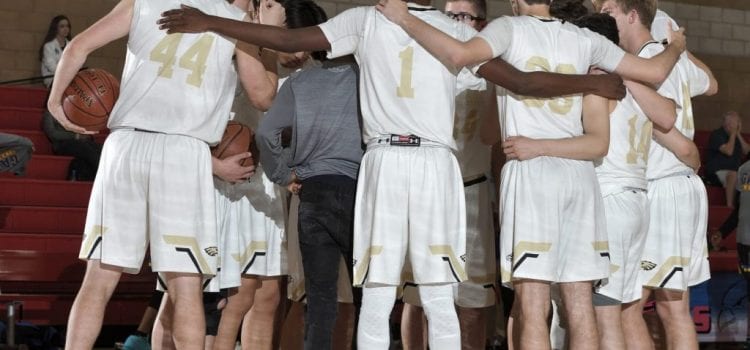

Clipboard: Navigating Teammate Turbulence
LEVELUP INSIDERS February 26, 2019 Clay Kallam 0

What To Do When Teammates Don’t Get Along •
The two best players on the team are seniors, and even though they’re captains, they don’t get along. In fact, it’s getting worse all the time, and it’s really a problem in the locker room. I don’t think the coaches really know how bad things are, but I don’t want to tell them and have the two seniors come back at me later. I’m a junior and I don’t play much so they’d be really mad. But I don’t want us to start losing either.
— G.N., San Jose
When teammates don’t get along is a difficult situation, no doubt. Coaches might not notice if they are not looking for problems in a specific area.
So from one angle, it would make sense to tell the coaches. After all, it’s possible they know already and has been trying to deal with it. If that’s the case the coaches could notice you were enough of a team player to step forward.
But if they didn’t know, then it gets more complicated. First, they might be able to wave their magic wands, get the guys together, and work it out. Coaches who’ve been around can sometimes handle these kinds of situations without them blowing up. But sometimes even the best coaches can’t smooth things over.
So that’s factor one: If you tell the coaches, do you think they can improve the situation? Are the seniors mature enough to agree to disagree for the good of the team?
If not, then it makes less sense for you to step forward. But it still might be the right thing to do, which leads to the second factor: How badly is the team being hurt by the friction between the two? Is it having a major impact on performance and the experience that everyone’s having? Or are things just not going as well as they could be?
Worst-Case Scenario
But let’s take the worst-case scenario, at least from your point of view. The team is starting to fall apart and games are being lost. Though the coaches have the ability to make things better, it’s clear they don’t know how bad things are. At that point, you have to make a difficult decision: Are you willing to risk having the seniors turn on you for telling the coaches what’s going on in order to help the team?
You could get lucky, of course, and no one would realize you were the one who stepped forward. But you should assume your role will be discovered, and you will have to face the consequences. As you may have heard, hope is not a plan and hoping no one finds out isn’t going to help.
What it comes down to is this: Are you willing to stand up to the seniors later and say “I did it because it was the best thing for the team – I’m sorry you feel I told on you, but I felt the team was more important”? Would you say that even if you knew the rest of the season would be uncomfortable and perhaps actively unpleasant?
This is an adult decision and not an easy one. I don’t have a simple answer because situations like these are always complex. In general, if you really believe the team is more important than the individual, then you have to step up and talk to the coaches.
[bsa_pro_ad_space id=20]









No comments so far.
Be first to leave comment below.